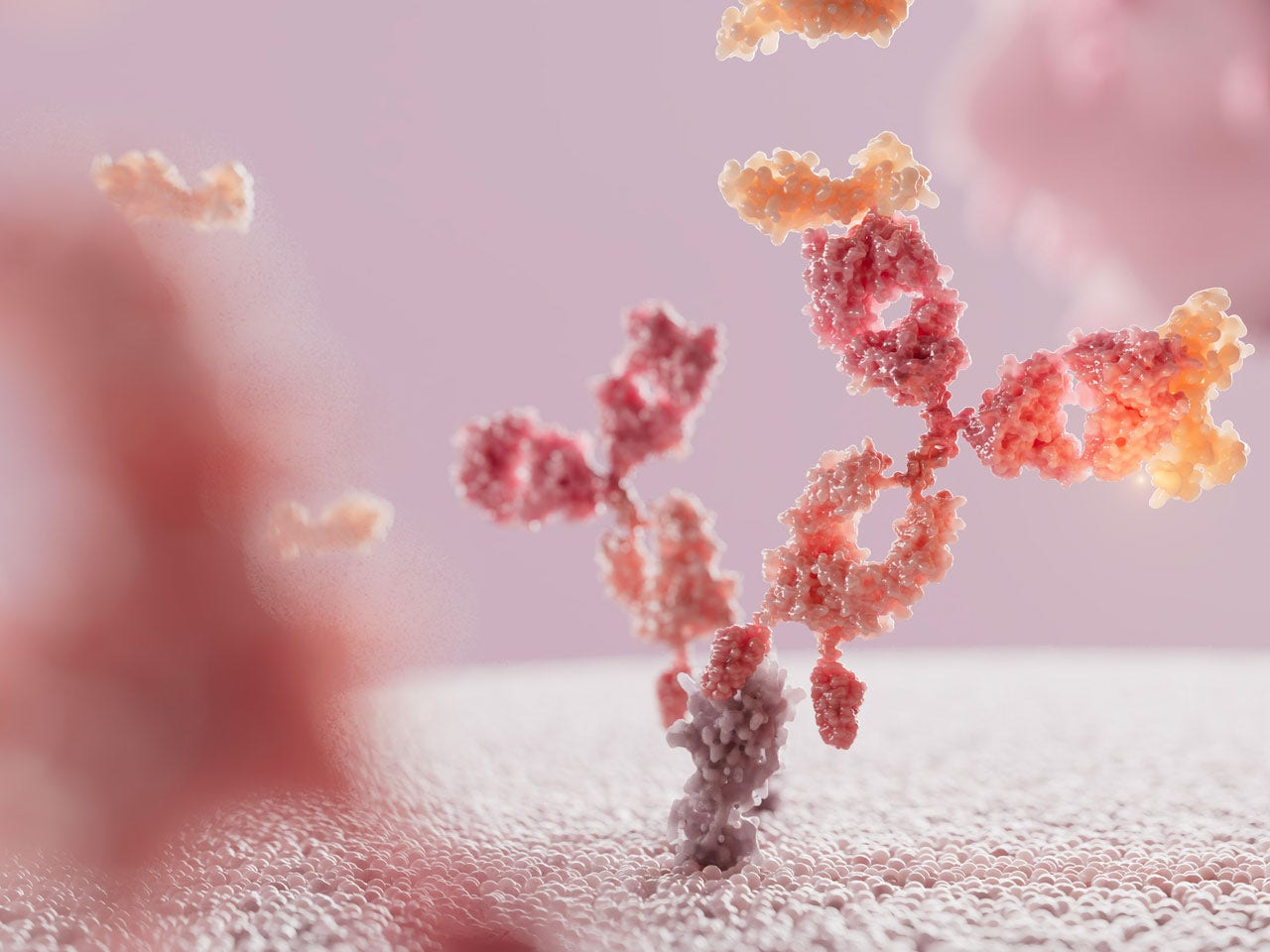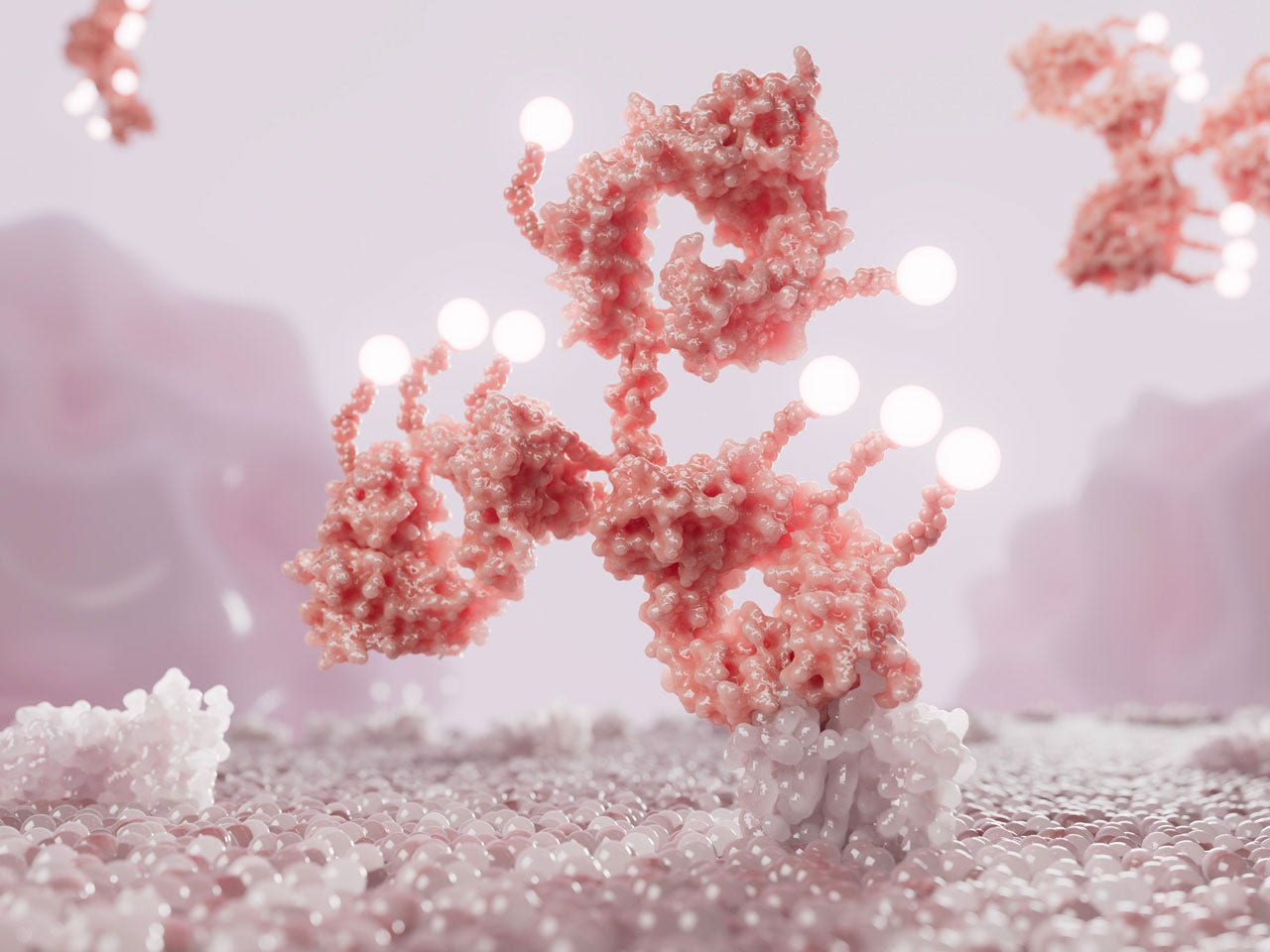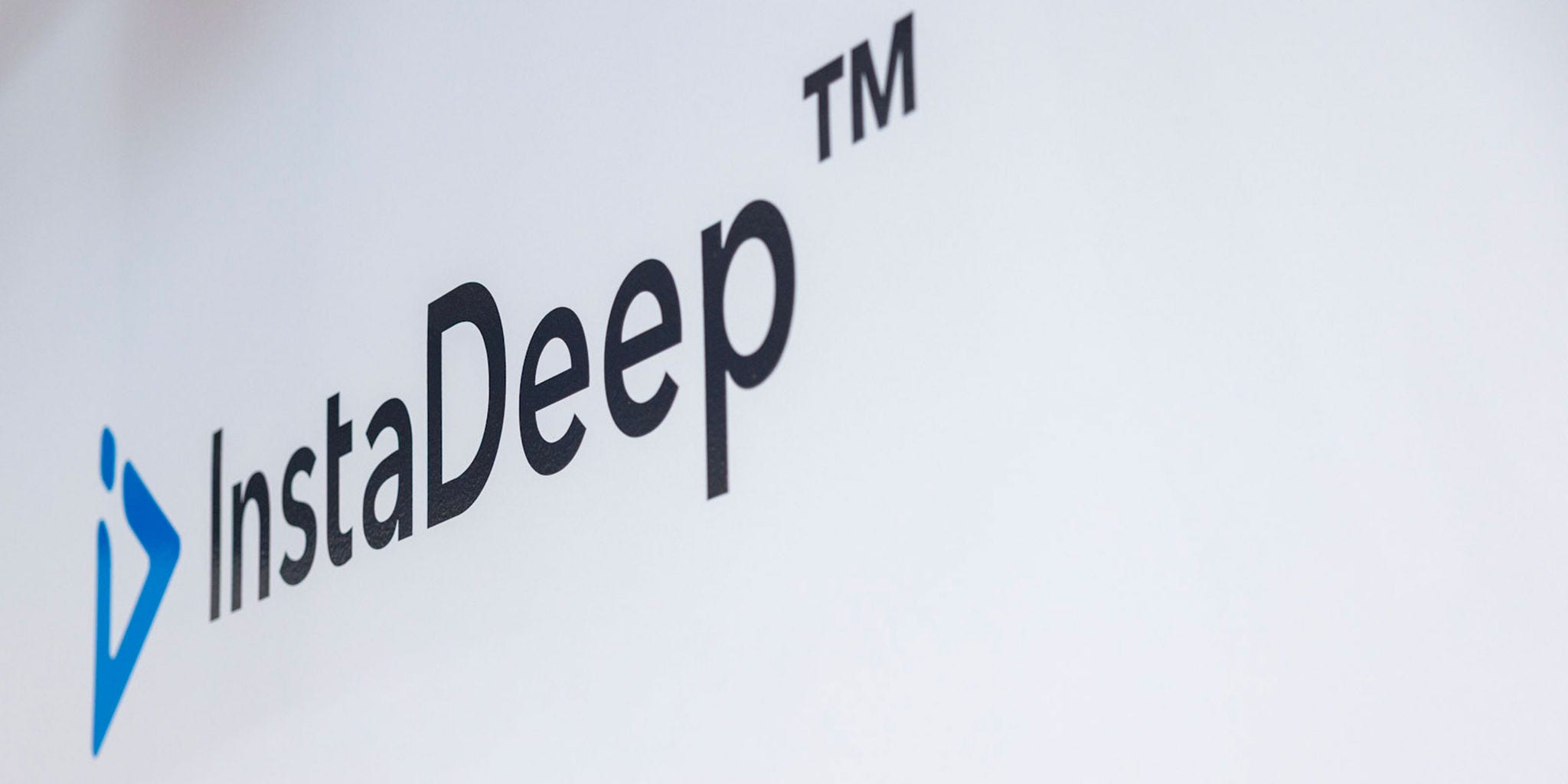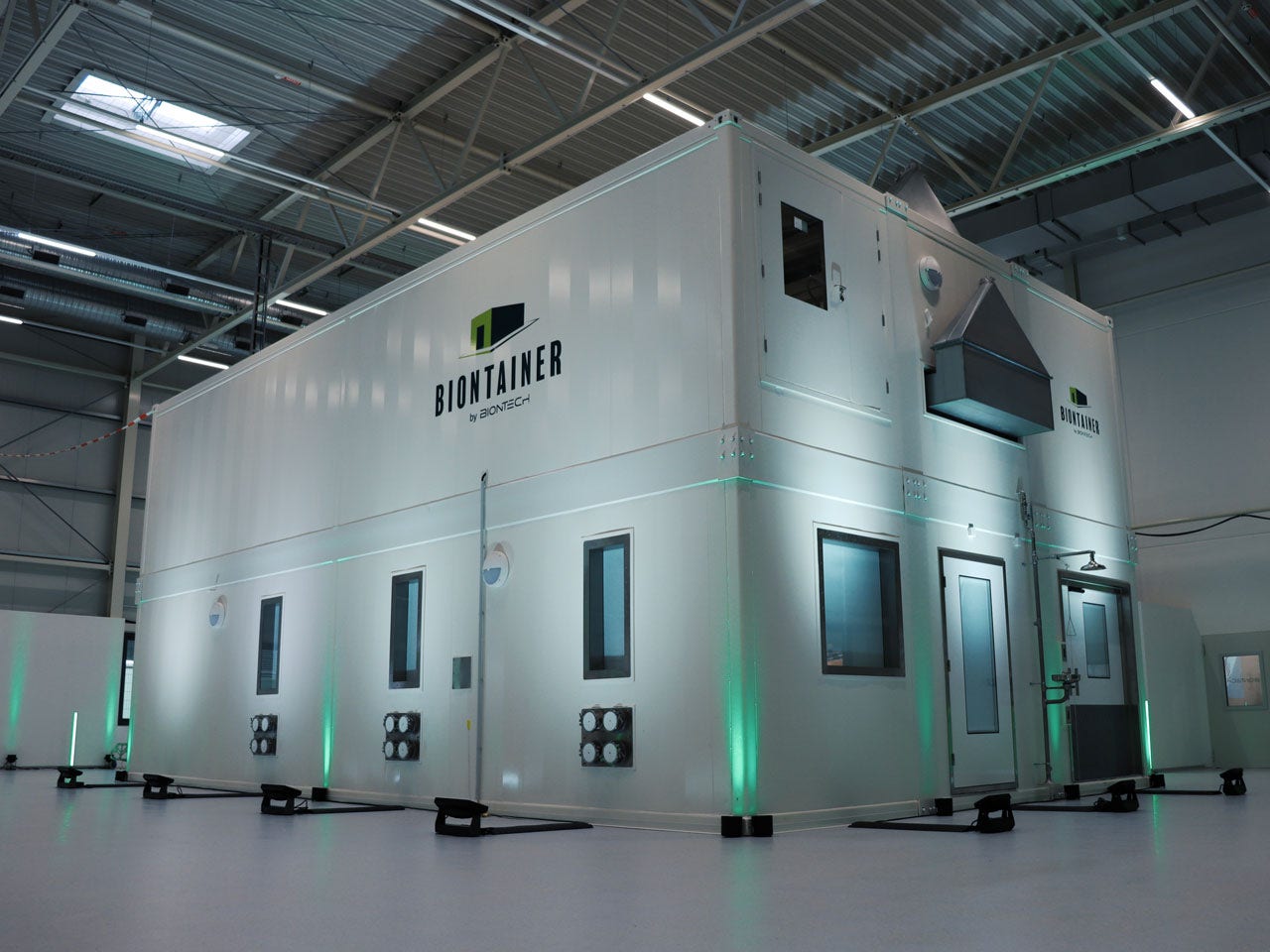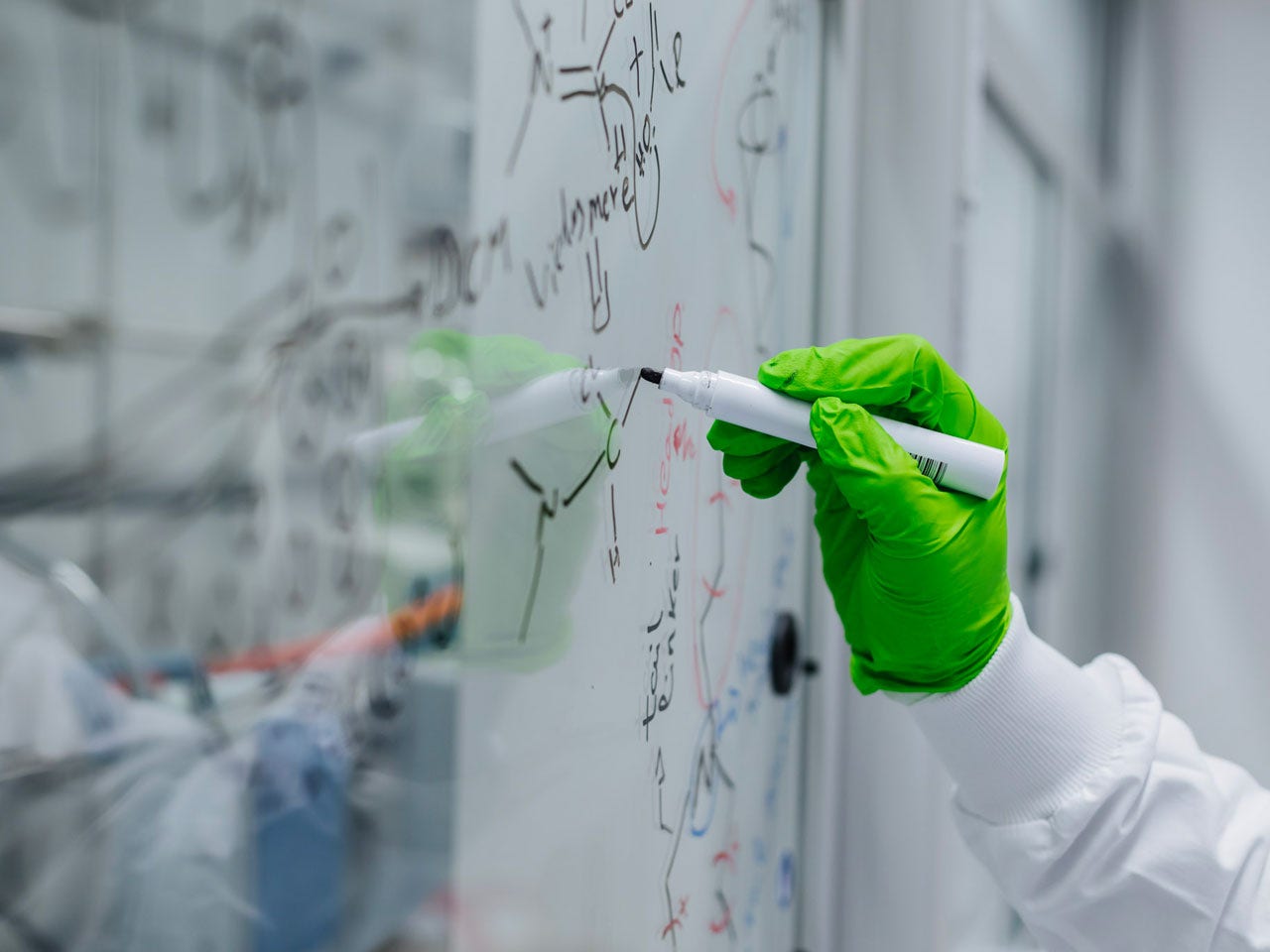
Our history
With key capabilities in immunology, deep genomics and artificial intelligence, BioNTech is dedicated to ushering in a new era of medicine
BioNTech has taken a remarkable journey from a small, privately owned startup to a global, fully integrated biotechnology company.
Through unwavering determination, we have delivered groundbreaking scientific discoveries and profound biotechnological innovation, bringing the first mRNA medicinal product to market.
BioNTech has continuously and strategically expanded its portfolio and capabilities and is well-positioned to help transform medicine.

2025
Launch of global strategic partnership with Bristol Myers Squibb to jointly broaden and accelerate the development of our PD-L1 x VEGF-A next-generation bispecific antibody candidate.
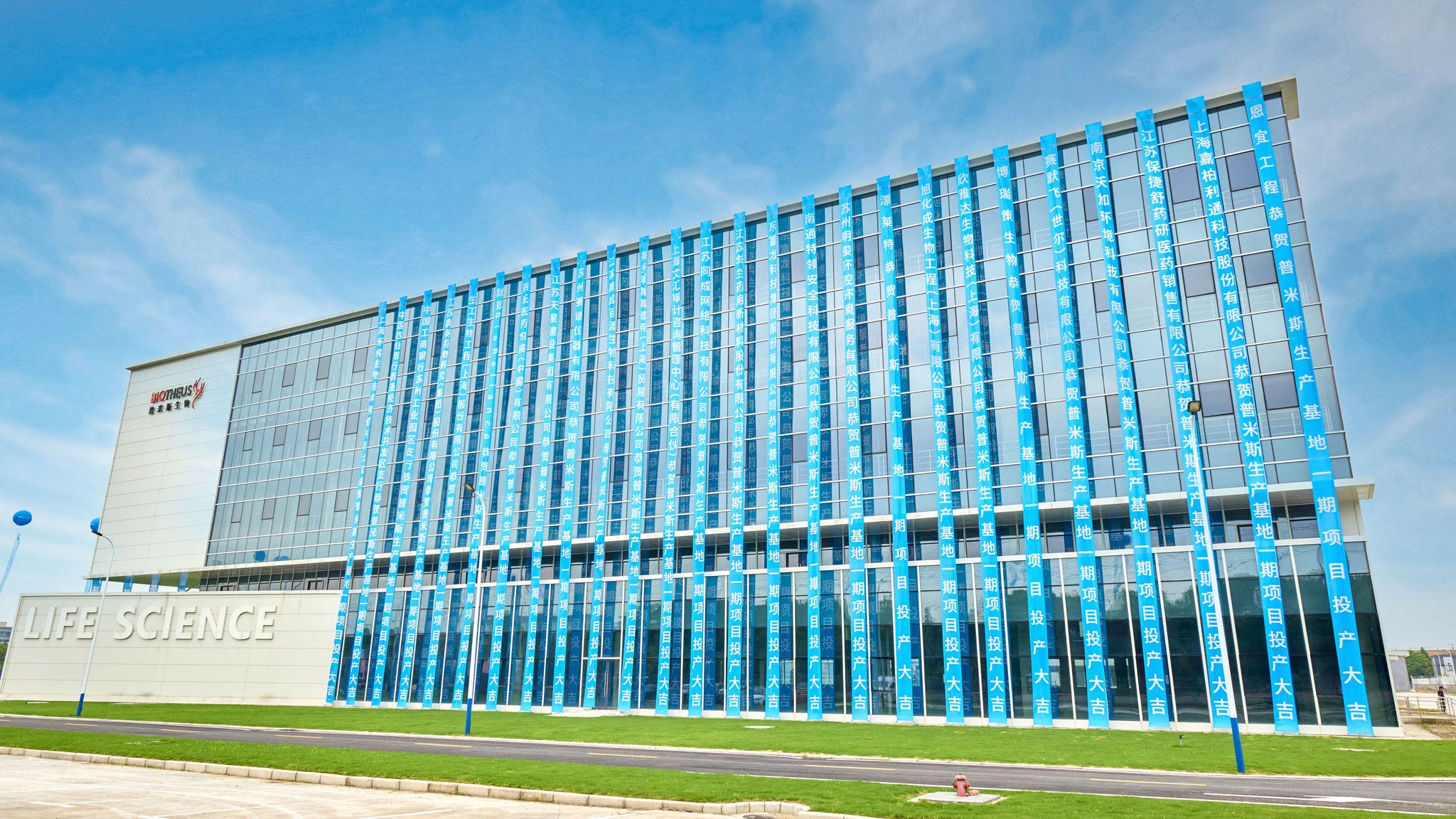
2025
Acquisition of Biotheus to further strengthen BioNTech’s capabilities to develop, manufacture and commercialize next-generation bispecific antibodies, and novel treatment combinations as part of the company’s combination strategy.
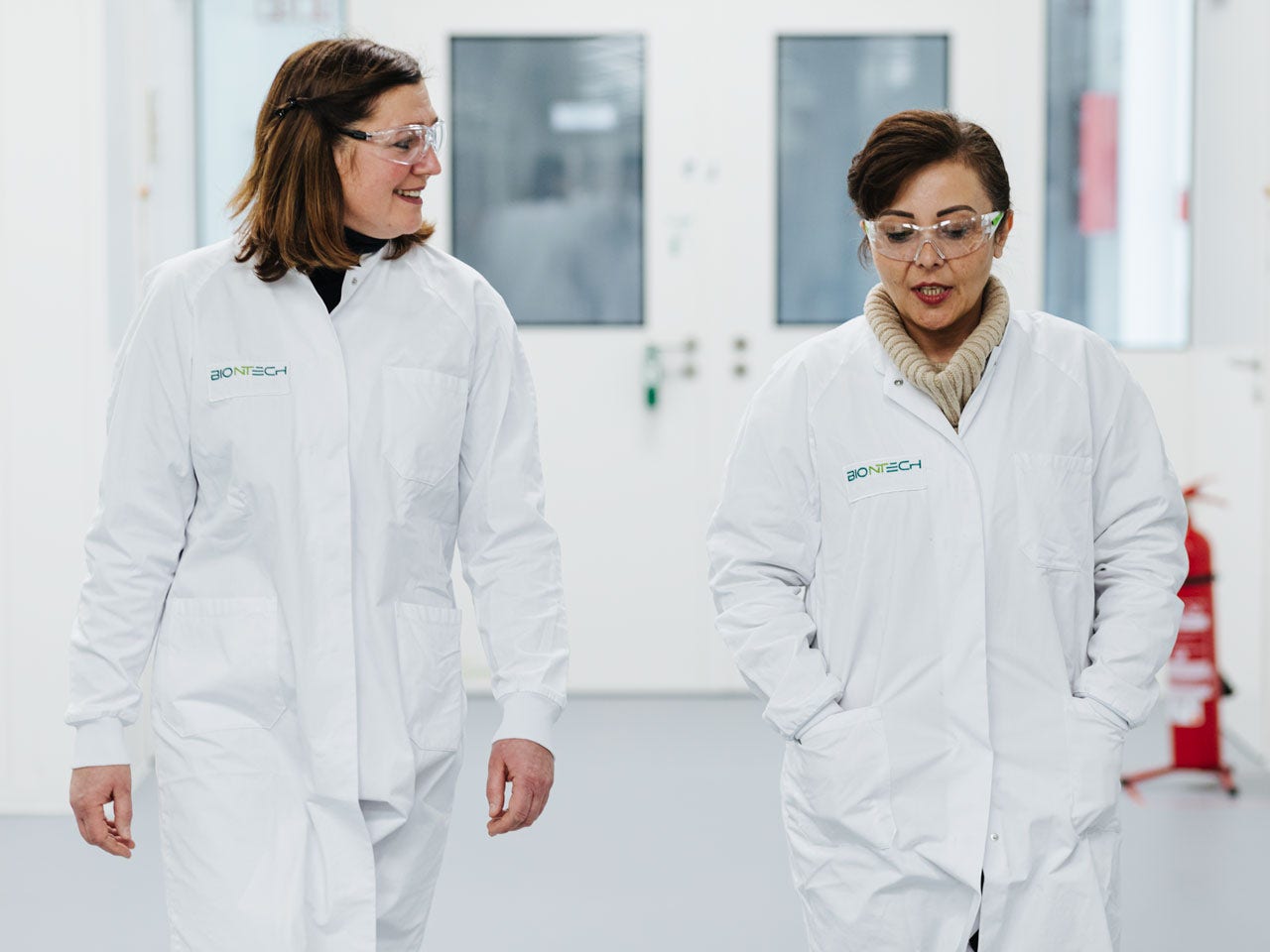
2023
Initiation of an R&D collaboration in antibody-drug conjugates (ADCs), adding targeted therapies to BioNTech’s portfolio.
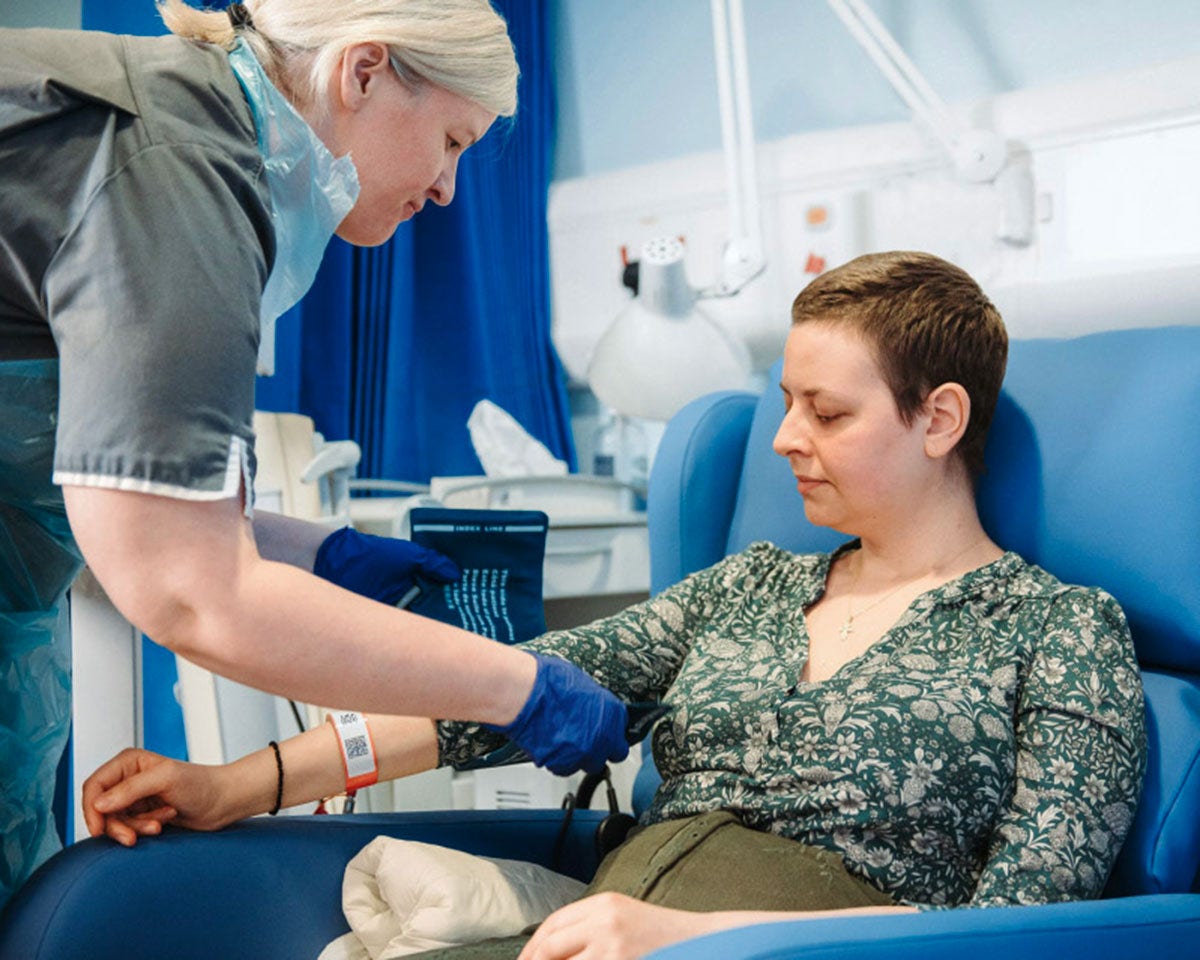
2023
Launch of a strategic partnership with the Government of the United Kingdom aiming to accelerate the development of personalized mRNA cancer immunotherapies and make them available to up to 10,000 patients by the end of 2030, either in clinical trials or as authorized treatments.

2022
Development and commercialization of first variant-adapted COVID-19 vaccine.

2020
With the emerging pandemic, BioNTech starts the development of a COVID-19 vaccine based on decades of technological advancement and research and development in the field of mRNA therapies, an endeavor called Project Lightspeed.
Within 10 months, the Pfizer-BioNTech COVID-19 vaccine was developed, evaluated in large clinical trials and received (emergency or conditional) approvals from authorities in multiple
different countries and regions. This was not only the fastest vaccine development against a new pathogen in medical history, but also proof of concept for mRNA as a new drug class in medicine.
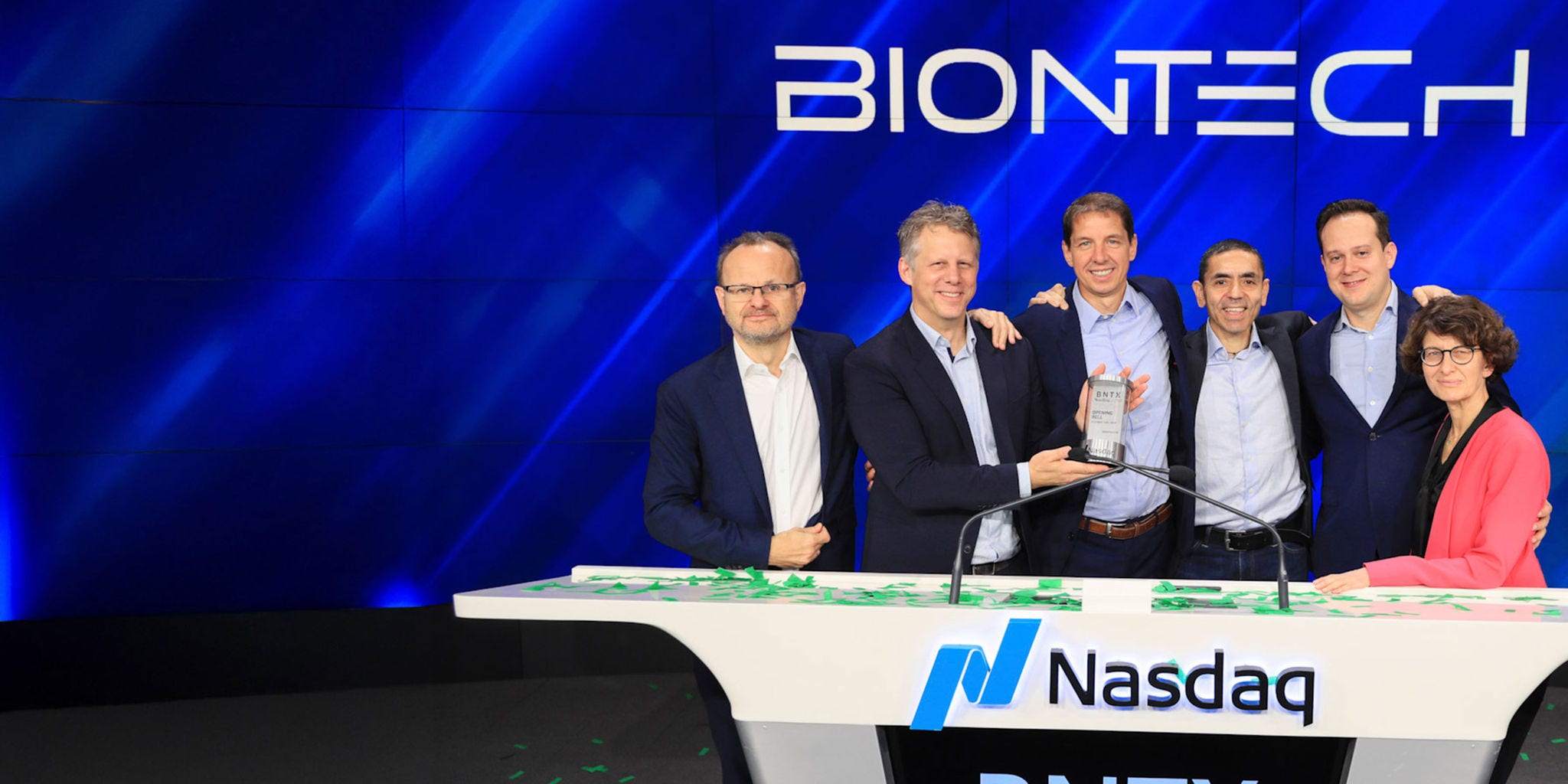
2019
BioNTech becomes a publicly traded company on the NASDAQ Global Select Market under the ticker symbol BNTX.

2008
BioNTech is founded by Prof. Ugur Sahin, M.D., Prof. Özlem Türeci, M.D., and Prof. Christoph Huber, M.D., to realize their vision of translating scientific discoveries into life-saving treatments. The company’s founding involved seed financing of $180 million from Andreas and Thomas Strüngmann, the MIG funds headed by Michael Motschmann, and Helmut Jeggle.
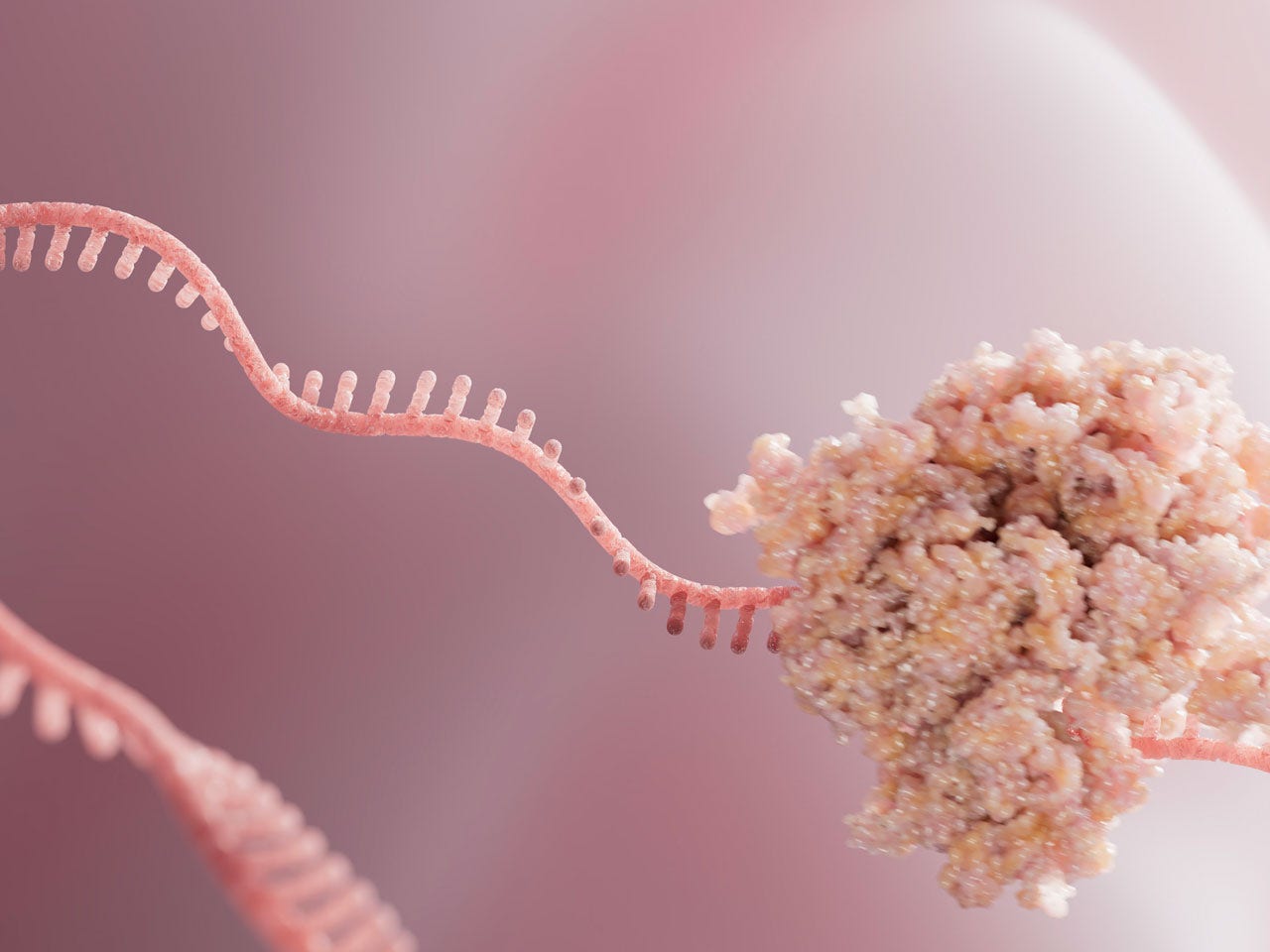
Mid-1990s
mRNA was overlooked by most researchers for decades because it was considered too unstable for drug development due to the challenges of delivering it to the right cells and achieving adequate immune responses. Defying conventional beliefs, BioNTech co-founders, Prof. Ugur Sahin, M.D., and Prof. Özlem Türeci, M.D., begin researching mRNA technology early on and achieve a series of scientific and technological breakthroughs to harness the molecule’s potential, culminating in the development of the first mRNA drug approved for human use more than 20 years later.
Explore more

Board members

Sites & subsidiaries

